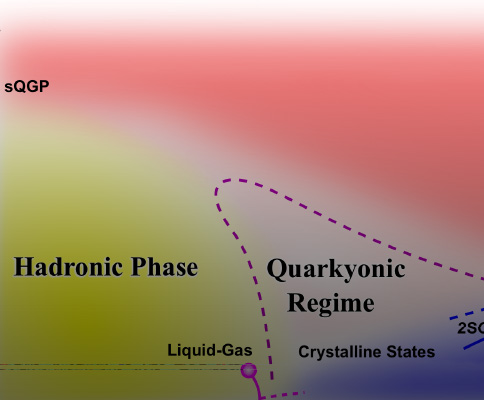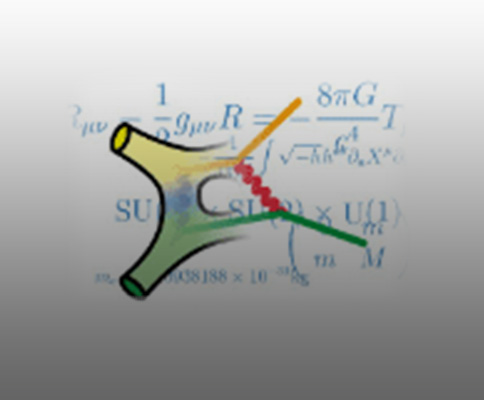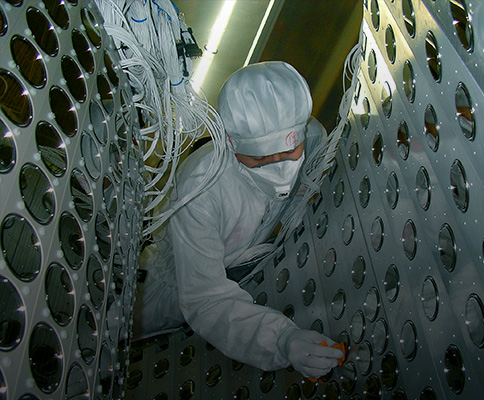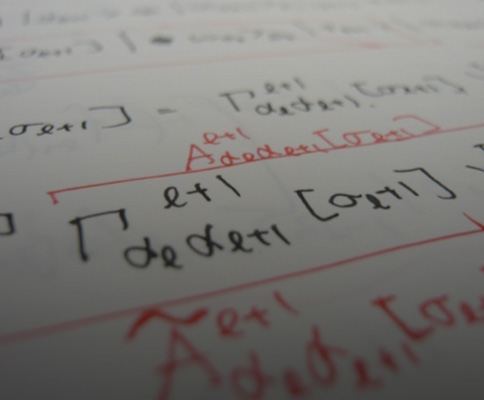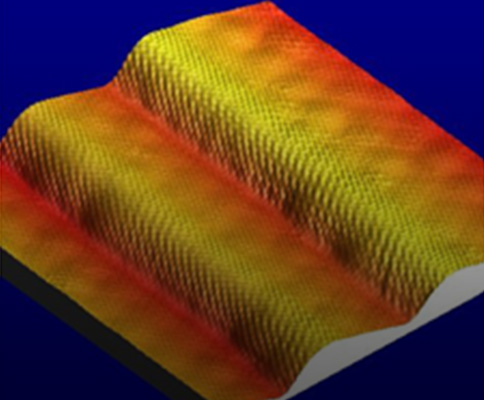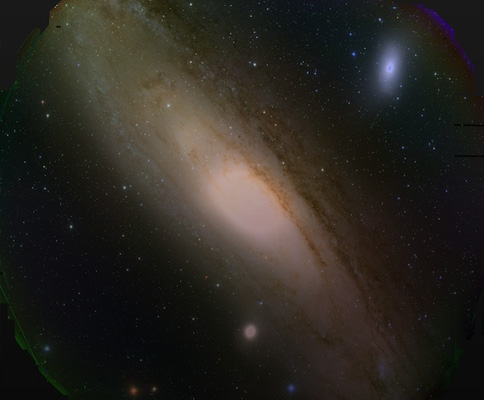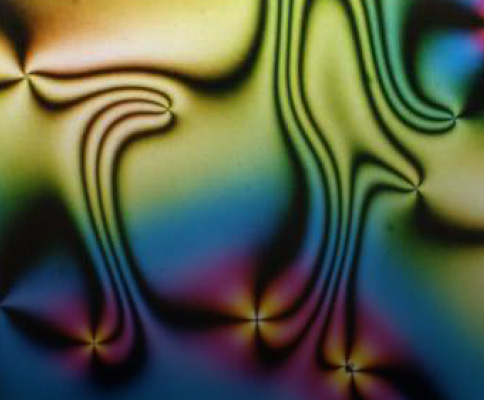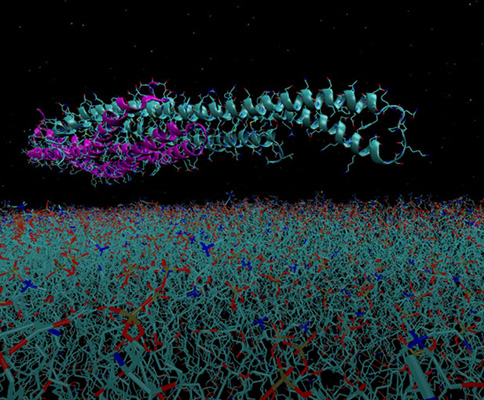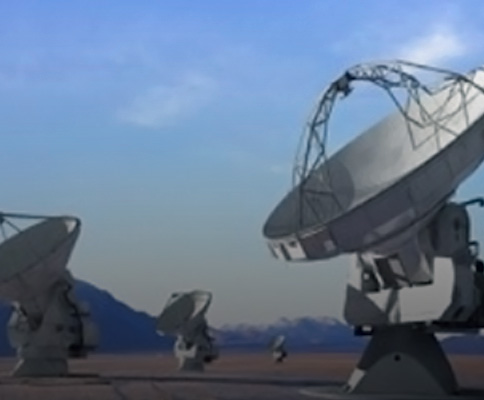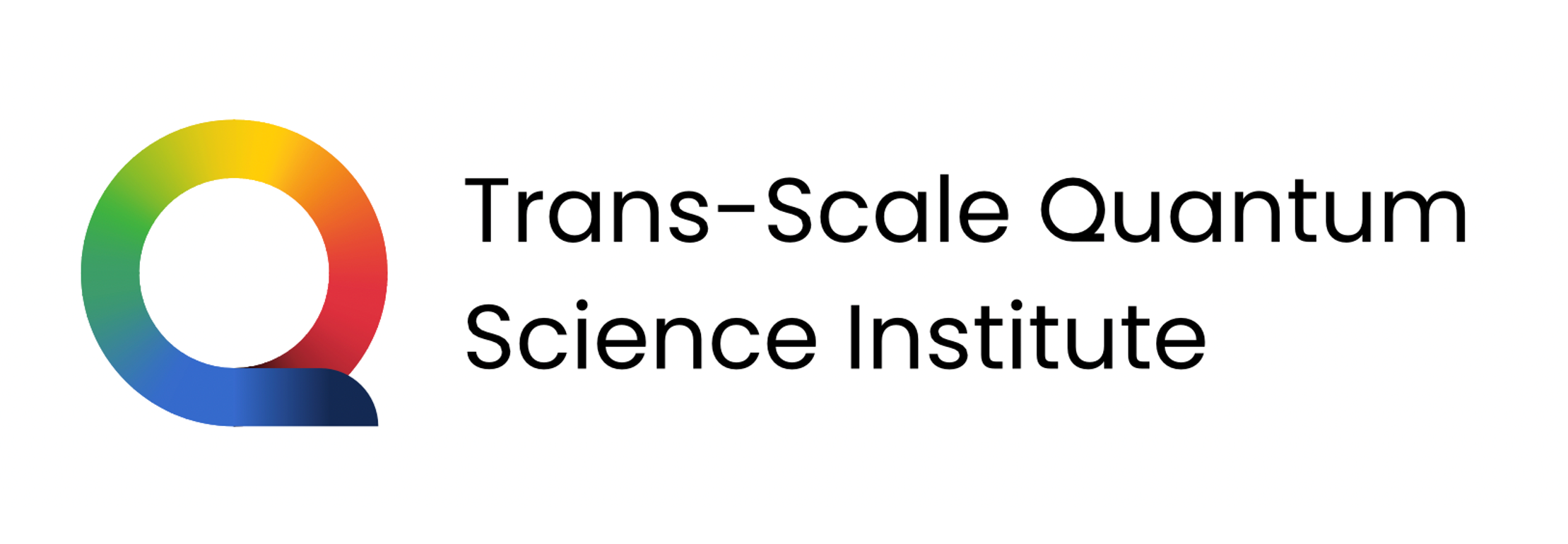News
-

Global Science Graduate Course (GSGC)
Admission 固定ページ 2025/05/07
-

Mr. Masato Fukushima (D1 student, Ideguchi group) was awarded the Biophotonics Summer School 2025 BEST PAPER AWARD - RUNNER UP
News 2025/06/18
-

Graduate Open House (Online) – Department of Physics, The University of Tokyo
Admission 固定ページ 2025/06/18
-

Project Assistant Professor or Project Researcher Position at the Department of Physics, Graduate School of Science, the University of Tokyo (Full-time Fixed-term Project Staff)
Personnel & Job Information 2025/05/01
-

Dr. Kyohei Yamada (a former PhD student of Kusaka group, currently at Princeton University) was awarded 26th High Energy Physics Young Researcher's Award.
News 2025/04/30
-

Dr. Kantaro Ohmori (Assistant Professor, Matsuo Group) won the Frontiers of Science Award (Physics) at International Congress of Basic Science
News 2025/03/27
-

Prof. Masahito Yamazaki won the Frontiers of Science Award (Mathematics) at International Congress of Basic Science
News 2025/03/25
-

Proposal for a new quantum computer architecture that separates the memory and processor
News 2025/03/05
-

Project Associate Professor Tomoya Higo won The 3rd (2025) AAPPS-JPS Award.
News 2025/01/17
-

Project Assistant Professor or Project Researcher Position at the Department of Physics, Graduate School of Science, the University of Tokyo (Full-time Fixed-term Project Staff)
Personnel & Job Information 2025/01/09









